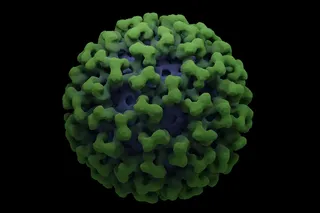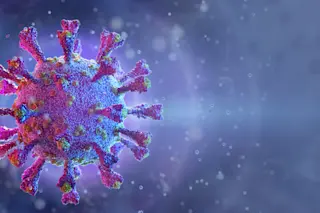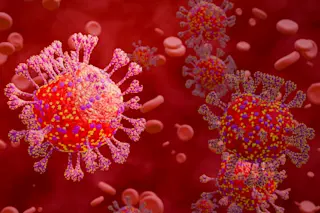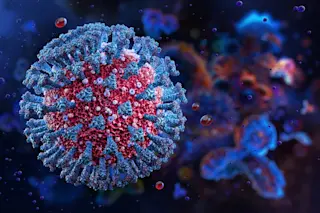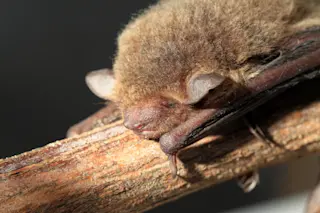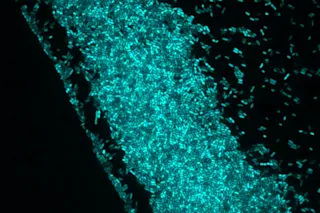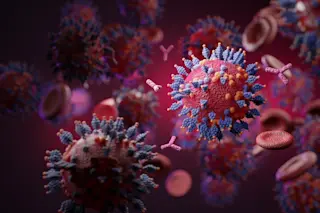On a bright winter morning high in the Colorado Rockies, a slight young woman in oversize hip boots sidles up to a gap of open water in the icy Cache la Poudre River. Heather Storteboom, a 25-year-old graduate student at nearby Colorado State University, is prospecting for clues to an invisible killer. Storteboom snaps on a pair of latex gloves and stretches over the frozen ledge to fill a sterile plastic jug with water. Then, setting the container aside, she swings her rubber-clad legs into the stream. “Ahh, no leaks,” she says, standing upright. She pulls out a clean trowel and attempts to collect some bottom sediment; in the rapid current, it takes a half dozen tries to fill the small vial she will take back to the DNA laboratory of her adviser, environmental engineer Amy Pruden. As Storteboom packs to leave, a curious hiker approaches. “What were you collecting?” ...
DNA Pollution May Be Spawning Killer Microbes
Rogue genetic snippets spread antibiotic resistance all over the environment.
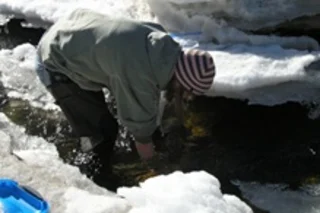
Newsletter
Sign up for our email newsletter for the latest science news
More on Discover
Stay Curious
SubscribeTo The Magazine
Save up to 40% off the cover price when you subscribe to Discover magazine.
Subscribe

